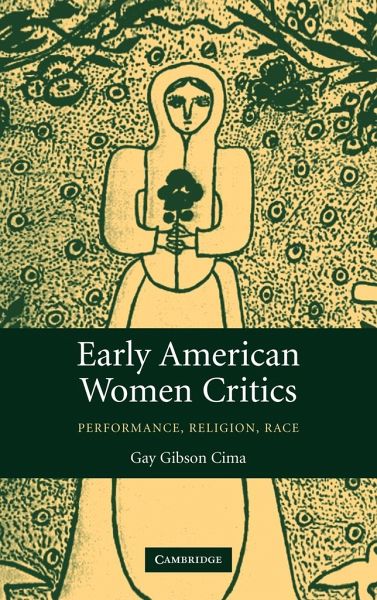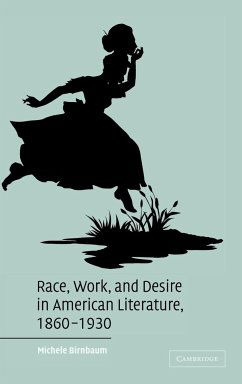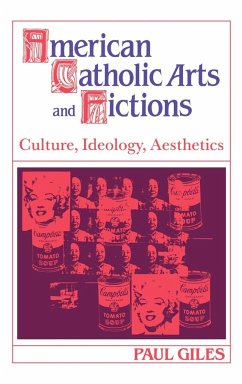
Early American Women Critics
Performance, Religion, Race
Versandkostenfrei!
Versandfertig in 1-2 Wochen
103,99 €
inkl. MwSt.
Weitere Ausgaben:

PAYBACK Punkte
52 °P sammeln!
An analysis of written and spoken critical commentaries by early American women critics.Early American Women Critics demonstrates that performances of various kinds - religious, political, and cultural - enabled women to enter the human rights debates that roiled the American colonies and young republic. Black and white women staked their claims on American citizenship through disparate performances of spirit possession, patriotism, poetic and theatrical production. They protected themselves within various shields which allowed them to speak openly while keeping the individual basis of their i...
An analysis of written and spoken critical commentaries by early American women critics.
Early American Women Critics demonstrates that performances of various kinds - religious, political, and cultural - enabled women to enter the human rights debates that roiled the American colonies and young republic. Black and white women staked their claims on American citizenship through disparate performances of spirit possession, patriotism, poetic and theatrical production. They protected themselves within various shields which allowed them to speak openly while keeping the individual basis of their identities invisible. Cima shows that between the First and Second Great Religious Awakenings (1730s-1830s), women from West Africa, Europe, and various corners of the American colonies self-consciously adopted performance strategies that enabled them to critique American culture and establish their own diverse and contradictory claims on the body politic. This book restores the primacy of religious performances - Christian, Yoruban, Bantu, and Muslim - to the study of early American cultural and political histories, revealing that religion and race are inseparable.
Review quote:
"An original and stimulating book about early women critics and critiques."
Janelle Reinelt, Professor of Theatre and Performance, University of Warwick
Table of contents:
Introduction; 1. Colonial women critics: performing religion, race, possession, and pornography; 2. Revolutionary women critics: performing rational Christianity, patriotism, and race; 3. Republican women critics: performing Christian activism, American culture, and race.
Early American Women Critics demonstrates that performances of various kinds - religious, political, and cultural - enabled women to enter the human rights debates that roiled the American colonies and young republic. Black and white women staked their claims on American citizenship through disparate performances of spirit possession, patriotism, poetic and theatrical production. They protected themselves within various shields which allowed them to speak openly while keeping the individual basis of their identities invisible. Cima shows that between the First and Second Great Religious Awakenings (1730s-1830s), women from West Africa, Europe, and various corners of the American colonies self-consciously adopted performance strategies that enabled them to critique American culture and establish their own diverse and contradictory claims on the body politic. This book restores the primacy of religious performances - Christian, Yoruban, Bantu, and Muslim - to the study of early American cultural and political histories, revealing that religion and race are inseparable.
Review quote:
"An original and stimulating book about early women critics and critiques."
Janelle Reinelt, Professor of Theatre and Performance, University of Warwick
Table of contents:
Introduction; 1. Colonial women critics: performing religion, race, possession, and pornography; 2. Revolutionary women critics: performing rational Christianity, patriotism, and race; 3. Republican women critics: performing Christian activism, American culture, and race.














